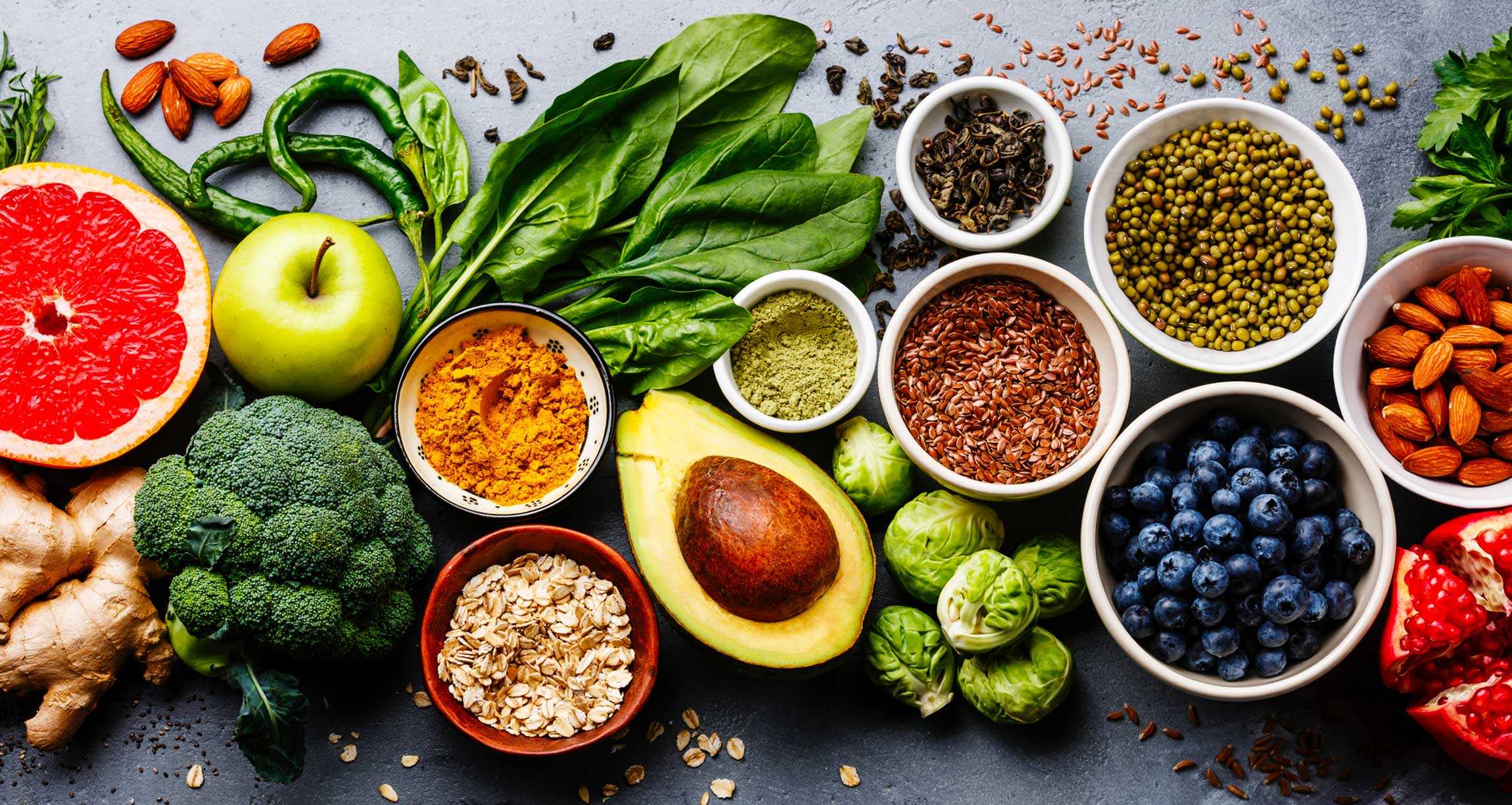Wellness Wednesdays: food & nutrition

What makes a senior feel their best today is most likely different than what it once was, and part of living a life of wellness means embracing those differences and choosing options that will make them the happiest, both now and in the future.
That is why, today, we are introducing a new blog series called, “Wellness Wednesday’s.” This series will provide readers with healthy tips and ideas geared at helping seniors live happy and healthy lives.
In this edition of Wellness Wednesdays, we look at some key factors to consider when making choices regarding food and nutrition.
Why is a healthy diet important for seniors?
As someone ages, a healthy diet can significantly reduce their risk of being diagnosed with a number of health issues, including, osteoporosis, high blood pressure, heart disease, and certain cancers. Eat Right Ontario has also suggested that as people age, eating well can be the key to increased mental acuteness, higher energy levels, and a more positive outlook on life.
What age-related changes may affect how the body processes food?
When determining what constitutes a healthy diet for a senior, it is important to consider age-related changes affecting how their body processes food. Studies show that seniors may be faced with challenges including:
- Reduced cognitive capacity contributing to malnutrition by forgetting meal times or how to shop for and prepare food
- Reduced sense of smell and taste negatively affecting eating habits due to food becoming less appealing
- Reduced stomach acid production or secretion, compromising digestion and reducing the absorption of vitamin B-12 and iron
- Slower metabolism as a result of loss of muscle mass due to reduced activity levels, illnesses and hormonal changes.
- Loss of teeth/poorly fitting dentures reducing the ability to chew food and mechanically break it down
- Reduced saliva production affecting the bodies initial chemical breakdown of nutrients such as starch and fat
What social/lifestyle factors may impact dietary choices for seniors?
Physical changes to the body are not the only challenges that seniors may be faced with that could have an impact on their diet. There are a variety of lifestyle changes that a person may be more likely to encounter as they age as well, which could have an impact on their eating habits. These may include:
- Loss of appetite due to loneliness and/or changes in emotional health
- Lack of motivation to prepare meals for one person as a result of eating alone
- Tighter budget for groceries
- Difficulty finding suitable transportation to and from the grocery store
How can seniors overcome some of these challenges?
If you or your aging loved one is experiencing any of the physical or social challenges described above, there are steps that can be taken to ensure that the body is still receiving the nutrients it needs to stay healthy as it ages.
If you or your loved one are experiencing negative physical changes due to eating habits, you may want to think about the following options:
- Creating a schedule or setting reminders for meal times
- Eating foods that appeal to you/your loved one’s changing sense of smell and taste
- Visiting the doctor for advice on specific nutrients you/your loved one should be consuming
- Chopping, mashing or pureeing foods so that they are easier to chew and swallow
- Exercising to increase metabolism
- Utilizing services such as Seniors for Seniors to assist with meal preparation and grocery shopping
If you/your loved one’s appetite is smaller than it used to be, you may want to consider the following ideas:
- Eating smaller portions, without sacrificing the amount of nutrients they are consuming. For example, Health Canada suggests choosing foods that are extremely rich in nutrients, such as whole grains, B-12 and calcium-rich foods, and sticking to healthy fats.
- Eating at regular times every day, making note of when their appetite seems to be the largest, and aiming for slightly bigger portions during meals at that time of day
- Exercising or going for a walk before scheduled meals to increase their appetite
Finally, if eating alone is making it difficult for the senior to maintain a healthy diet, there are a number of options available that may make it easier for them to plan and prepare their meals:
- Collecting simple recipes that use only a few ingredients and are fast to make
- Purchasing bagged salads or pre-chopped vegetables that require little preparation
- Preparing foods when they have the most energy and storing them for later use
- Sharing a pot luck dinner with friends or family, requiring them to prepare only one dish but still having a wide assortment of food and nutrients in their meal
When it comes to nutrition and a healthy diet, the most important thing to remember is that every senior has unique dietary needs specific to their personal health and well-being. Be sure to ask a doctor for advice if you are uncertain about the nutritional requirements you or your loved one should be fulfilling in order to remain happy and healthy while aging.
Stay tuned for information and advice pertaining to eye care in the next edition of Wellness Wednesdays!